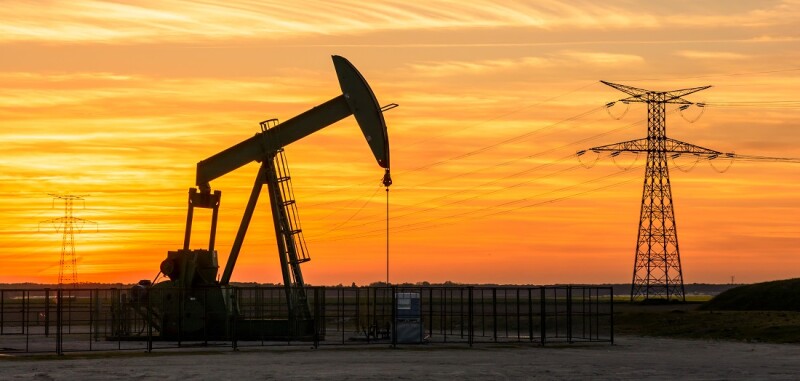The future as a production and/or facilities specialist is very bright, especially for those young and mid-career professionals who are highly flexible and can roll with the punches. There are so many opportunities to apply a skill set both in oil and gas operations and other energy-related projects, especially with offshore wind and solar arrays and in geothermal developments for area heating and power. I’d love to be a Young Professional at the start of my career.
The industry needs to quickly find ways to drive down the discounted life-of-project costs and accelerate widespread adoption of
- Methane emissions abatement measures, especially during blowdown and maintenance operations.
- Electrification of anything that moves (actuators, pumps, prime movers, etc.).
- Carbon capture, utilization, and storage (CCUS) or sequestration (CCS) initiatives.
We need to develop cost-effective methods to
- Maximize the beneficial use of all acid and low-BTU gases.
- Dispose of materials that we cannot commercialize while keeping the environmental impacts as low as is reasonably possible.
- Reduce waste and other emissions.
- Expand the beneficial usage of produced water, including further improvements in the reuse of completion, stimulation, and well-servicing fluids.
- Further improve HSE performance and help drive down discounted energy supply costs with automation, robots, drones, and underwater vehicles.
None of this is new. It is a logical extension of the initiatives that I have been involved with over the past 50 years, but it is accelerating. Moreover, these are add-ons to our traditional roles in developing new resources, including those from improved or enhanced recovery processes and in optimizing oil and gas production systems. All of this is increasingly dependent on the integration of machine learning, data science and engineering analysis, augmented intelligence, and sustainability principles into our workflows and in-field practices.
Fuel substitution and electrification are nothing new. We have always been looking for ways to drive down operating expenses by using fuels with the lowest overall costs to replace diesel where feasible. We have a greater number of options for off-grid power supply and rapidly expanding electrical grids driven by the rapid decline in the costs of power from renewables and new government policies and incentives. Obviously, we must address the risks posed by the intermittent nature of some power sources. But conceptually, this is no different from managing a supply chain that is prone to severe weather outages.
On land, if we want to electrify the drilling, well service, and stimulation spreads, project engineers will need to assess the peak power demand and supply options at an early stage. Field development schedules and commercial risk analysis will need to consider the time needed to get planning permission to build the connector lines to the grid and substations at the same time as building the leases and lease roads. This is very similar to the power delivery challenges faced in many geothermal or gas-to-wire projects.
Moreover, the electrification and automation of some oilfield equipment requires revisions to the local or international standards, as well as modifications to quality control, testing, and maintenance practices. So, there are lots of opportunities for Production and Facilities community members to serve on standards committees and to update PetroWiki.
All of this will require new and/or continually upgraded skills, as well as the welcoming and cross-training of professionals from other industries and functions. Many of our traditional roles may be steadily phased out or automated. We will need different asset management and maintenance strategies and skill sets.
Throughout my career, we have been continually revising our key skills and broadening the definition of which combination of skills constitutes a project team. In the rapid expansion of unconventional oil and gas operations in North America, we saw that transition in spades. There are now many more logistics, environmental, and stakeholder relations specialists and data scientists joining the operations team.
During the transition to unconventional operations, professional development programs had to be quickly retooled to provide in-depth training on rapidly evolving topics like coalbed methane, tight gas, multifracture stimulated horizontal wells, etc., as well as strengthening cross-functional and soft skills training.
Some of the lessons learnt 25 years ago to facilitate the cost-effective collection of low-rate gas and associated water at ultralow pressures from many widely distributed coalbed methane wells merit revisiting in support of our current efforts to monetize low-pressure associated gas at low rates from oil facilities and storage tanks as part of our efforts to lower emissions.


